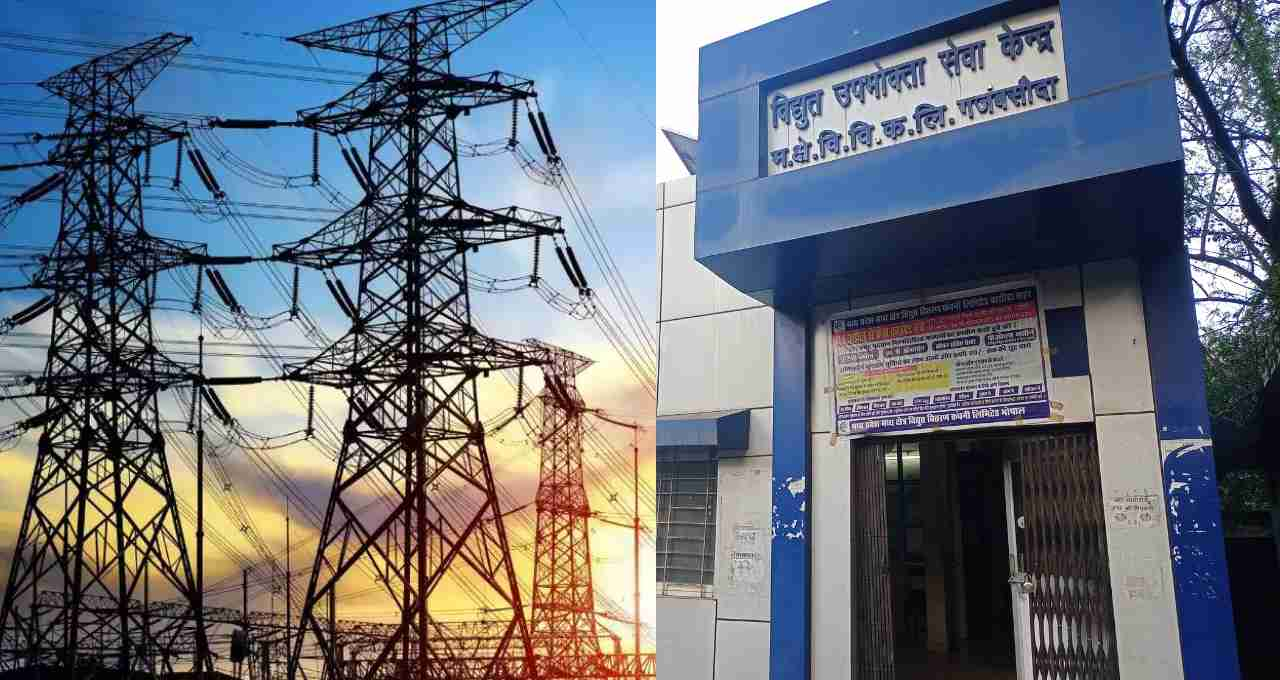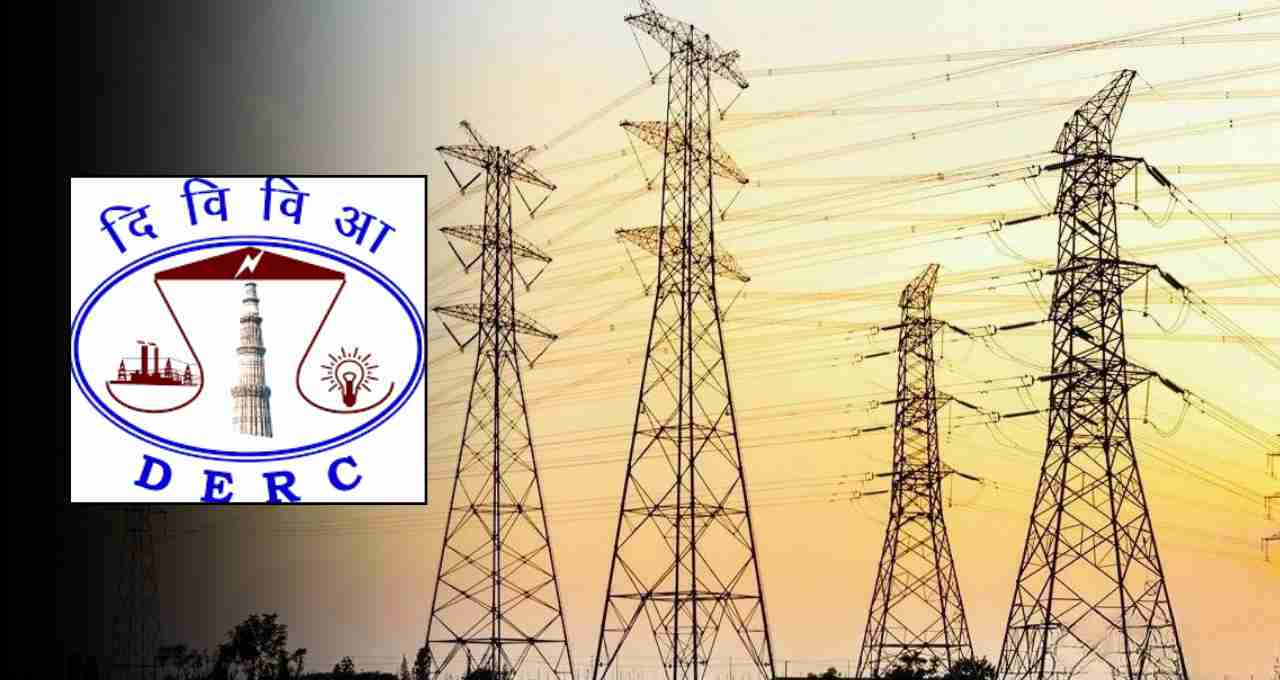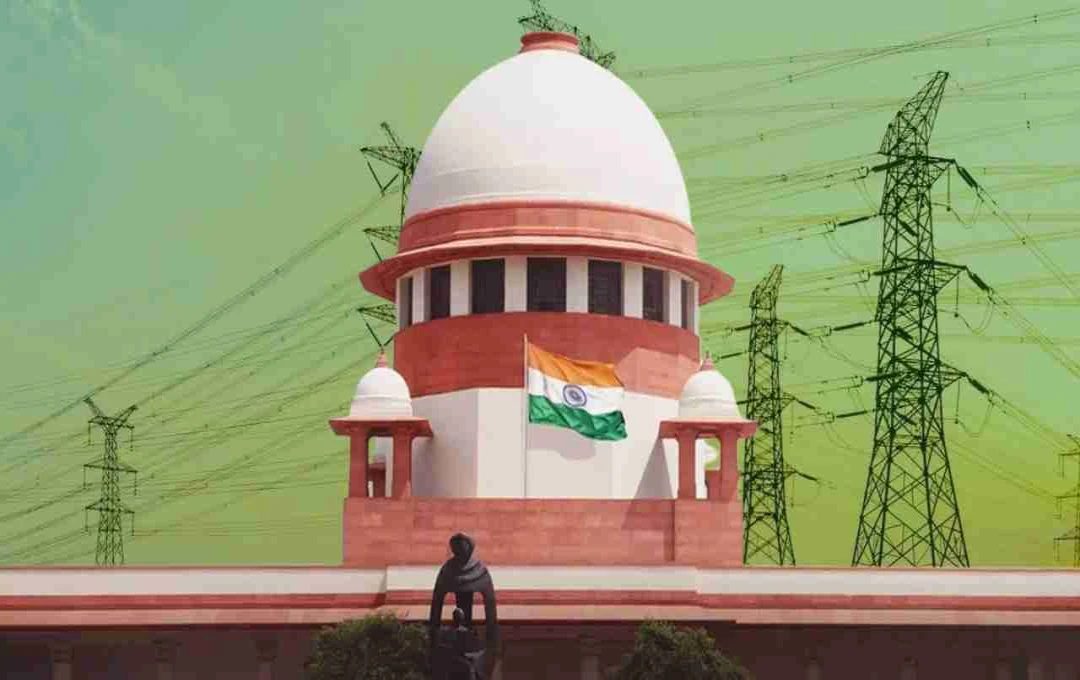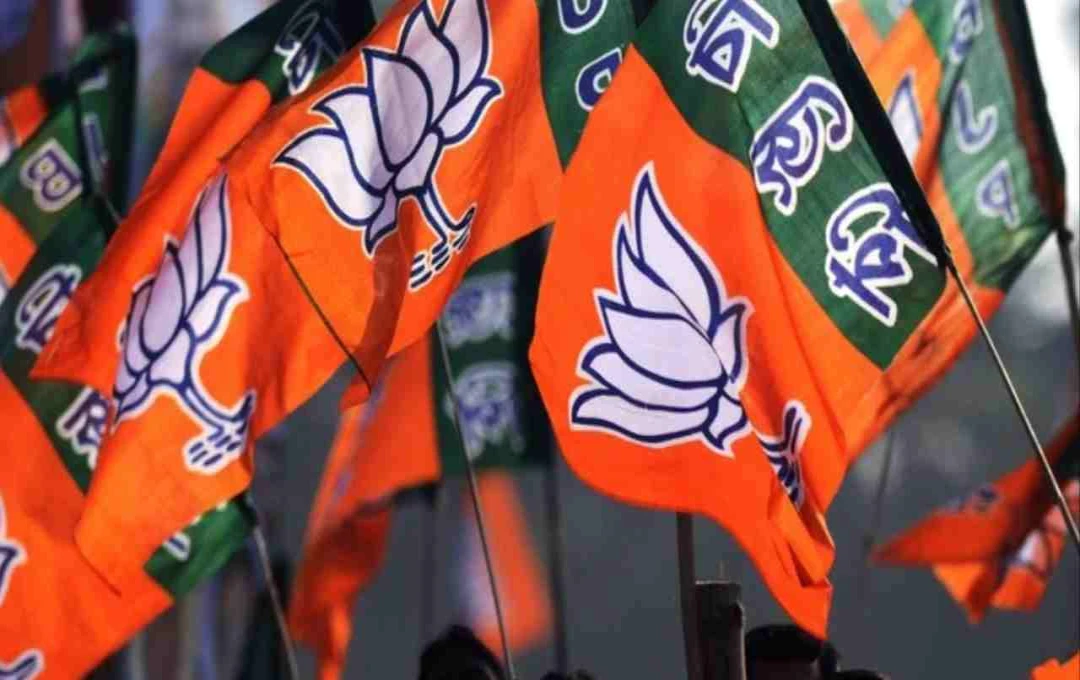The Supreme Court has conditionally approved a hike in electricity rates for power companies in Delhi. The Court has directed the DERC to prepare a transparent plan and ensure that consumers are not excessively burdened. All eyes are now on the announcement of the new rates and the potential impact on subsidies.
On August 6, 2025, the Supreme Court delivered a significant verdict regarding electricity rates in Delhi, permitting power companies to increase rates within a limited and affordable scope. The Court instructed the Delhi Electricity Regulatory Commission (DERC) to formulate a transparent plan for this increase, ensuring that ordinary consumers are not overly burdened. This decision by the Court comes in light of the increasing costs faced by the companies and the rates that have remained stable for years.
DERC Must Provide a Detailed Plan
The Supreme Court has also directed that the DERC must now prepare a clear and detailed roadmap outlining when, how, and at what levels electricity rates will be increased. The Court stated that this plan must be transparent and any changes in rates must be made keeping public interests in mind.
Power Companies Had Been Demanding for a Long Time

Companies involved in electricity distribution in Delhi have been demanding an increase in rates for the past few years. They argue that the cost of electricity production, transmission, and distribution is continuously rising, making it difficult to operate at the existing rates. The companies claim that selling electricity at the current rates is causing them financial losses.
Regulatory Commission Had Previously Rejected the Petition
The Delhi Electricity Regulatory Commission had previously rejected this demand from the power companies. The DERC stated that additional burden could not be placed on consumers' pockets. Additionally, a comprehensive review was necessary before any kind of increase. However, following the Supreme Court's decision, the commission will have to revisit this matter.
Questions Raised on Free Electricity Scheme
The Delhi government currently provides up to 200 units of free electricity, which domestic consumers receive as a subsidy. The government bears the entire cost of electricity up to 200 units. Beyond that, charges are applied per unit of consumption. Following the Supreme Court's order, it remains to be seen whether this subsidy scheme will continue as before or if changes will be made.
Distribution Companies May Get Relief
This decision by the Supreme Court may provide significant relief to electricity distribution companies. Companies that have been facing financial difficulties for a long time may get an opportunity to recover from losses after the rates increase. The companies argue that increasing rates has become essential in view of the rising costs.
Waiting for DERC's New Plan

Now, all eyes are on the DERC to see what kind of plan it presents in accordance with the Court's directives. The commission will have to decide how much burden should be placed on which category of consumers and how much relief can be given to which segment. It will also be seen whether consumers receiving subsidies will be exempt from changes in rates or not.
Electricity rates have always been a matter of political debate in Delhi. The free electricity scheme has been one of the Delhi government's major initiatives. Following this decision by the Supreme Court, the opposition and the ruling party may engage in rhetoric on this issue. However, there has been no official response from the government so far.
Current Electricity Rates and Slabs
Currently, domestic consumers in Delhi receive up to 200 units of free electricity. After that, consumption from 201 to 400 units is billed at a rate of ₹4.5 per unit. Rates increase for consumption above 400 units. If rates increase now, these slabs may also be changed or the per-unit charge may be revised.
Despite the Supreme Court's decision, consumers will have to wait a few days to see the impact of the new rates. The DERC will now have to prepare a detailed proposal in accordance with the Court's directives and make it public, after which the new rates will be implemented.















